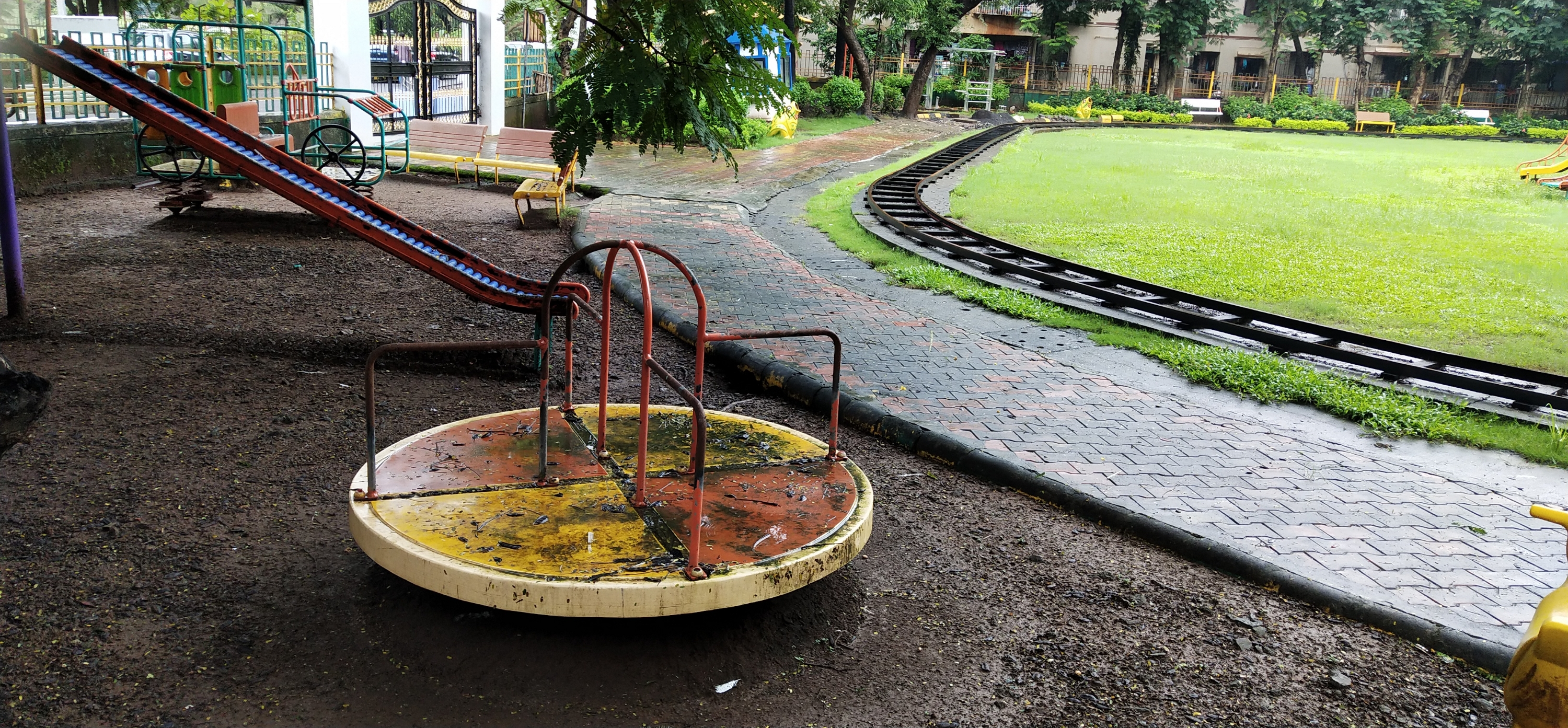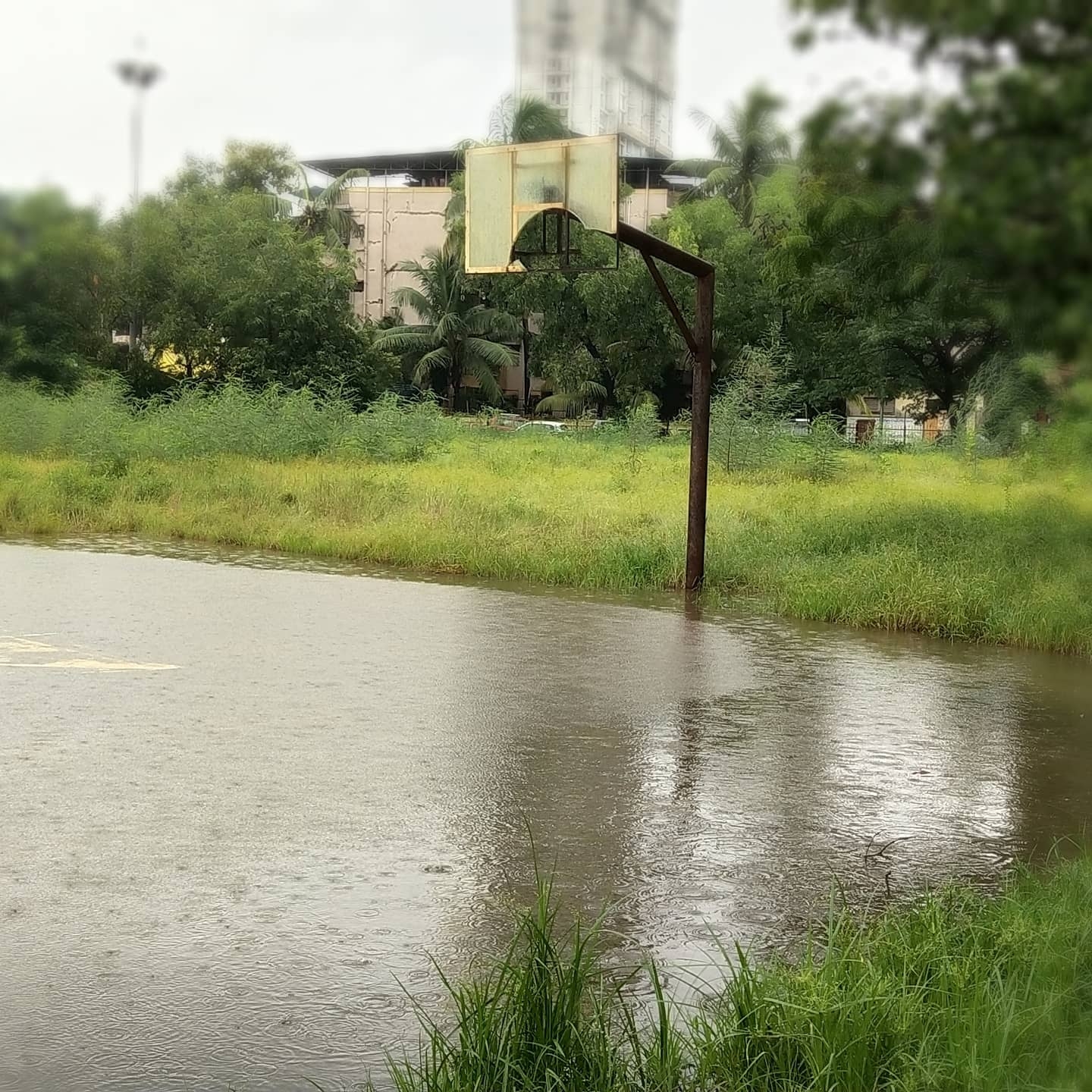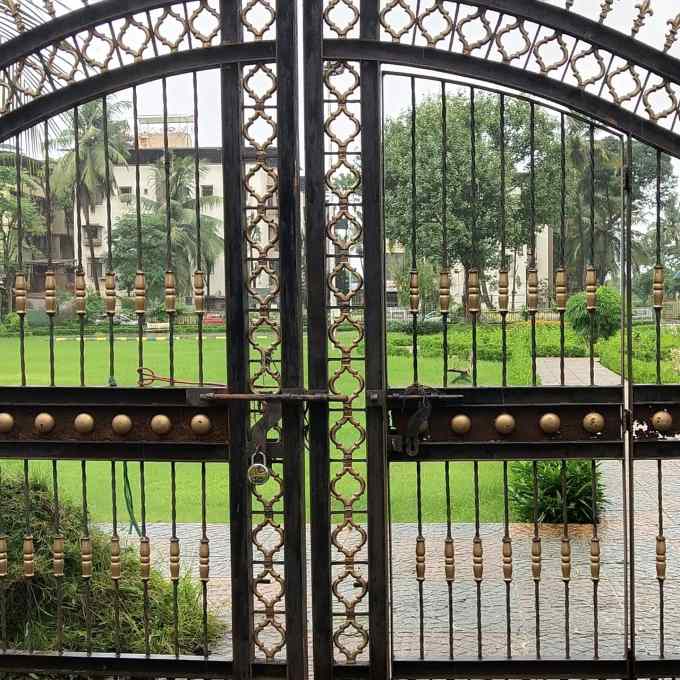
For hardcore Tambrams, just like yours truly here, there are little joys in life which are as pure and nirvanic as sitting by the window, enjoying a freshly brewed piping hot cup of filter kaapi. The experience transcends further, when it’s accompanied by the sound of a downpour and a book in hand. Coffee in the house was already as free flowing as the swollen Mithi river from this incessant Mumbai rain. So to complete this ensemble, I had Padmashri Shobha Deepak Singh’s latest coffee-table book named ‘Musicscapes – The Multiple Emotions of Indian Music’.
With this, she completes her ‘Scapes’ trilogy on Indian fine arts, following her ‘Dancescapes’ and ‘Theatrescapes’. While her previous renditions were a collection of her freezes honouring our dance forms and ‘navarasas’ (9 forms of expressions) respectively, ‘Musicscapes’ is a tedious collection of over 200 photos of great names from Hindustani classical music. These were meticulously curated by Dr Alka Pande from lakhs of images captured through Shobha’s curious and tasteful viewfinders spanning nearly five decades.
Being in black and white, the pictures have a dream like feel and charm to them, with no descriptions to limit or distract their work on your imagination. Although, references are available at the end of the book in the form of names of the legends in their candid moments, yet not with the dates or period of the events just like her other two ‘Scapes’.
The book is full of majestic images of the legends of Hindustani classical music, some gesticulating in trance, while some animated, wrestling the high notes to stay in tune with the Tanpura.
The journey of imagination with a book like this is a personal one. And for me it was like those good old days, when me and my brother excitedly went through All India Radio’s yearly brochure on Akashwani Sangeet Sammelan – a catalogue with photos of the artistes to be aired on radio for that year. Being exponents of the Carnatic form of Indian classical music, we both were equally curious to know the Hindustani legends lined up that year as much as the Carnatic ones.
So my imagination stutters for a brief moment there, in realisation that this book had no southern representatives apart from the Ghatam great Shri Vikku Vinayakaram, who is captured in jugalbandi with the mesmerisingly photogenic Zakir Hussain.
So I assume that it would’ve been apt to tag the book ‘The Multiple Emotions of Hindustani Music’ instead, since Shobha Singh serves as the director of Delhi’s Shriram Bharatiya Kala Kendra. It is reputed for its courses and trainings in Hindustani classical art forms and was also the stage where the pictures of the celebrated virtuosos were clicked and documented by the author for her massive library.
Going by coffee-table book standards, this one is for keeps with the never ending conversations it’ll initiate with unbiased lovers of Indian classical music. In all, the complete trilogy of ‘Scapes’ by Shobha Deepak Singh, who is as passionate about her art of intuitive photography as she is with promoting and preserving our fine arts, is definitely a tremendous achievement.









